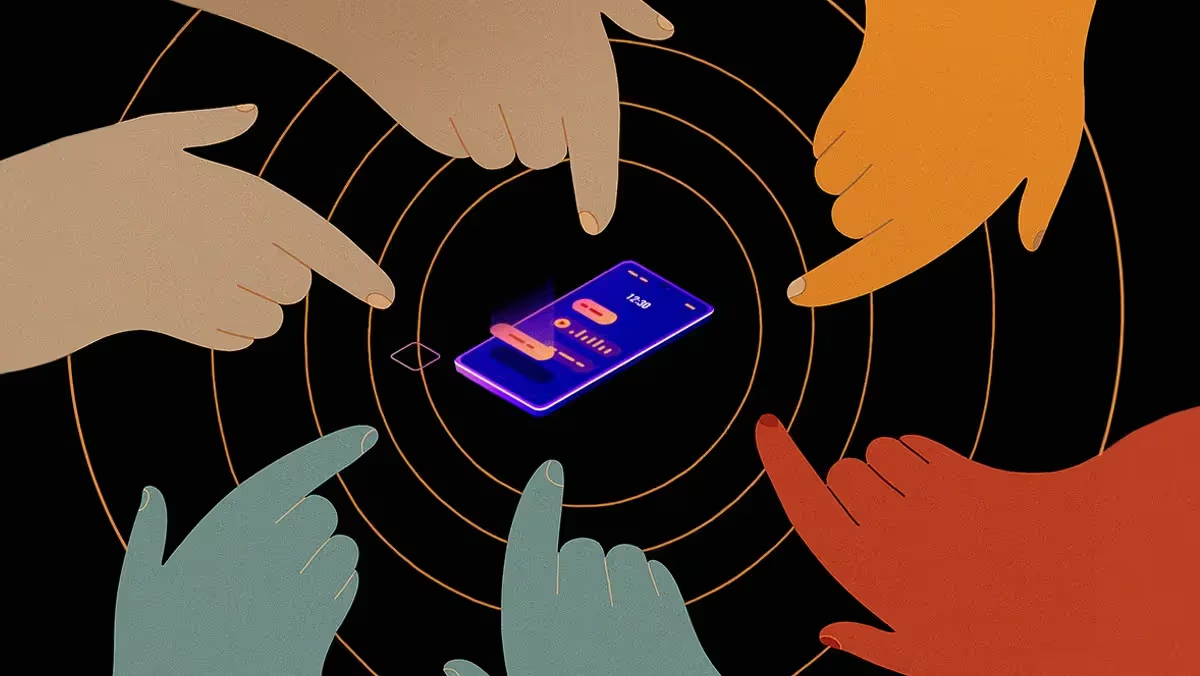The creative world is chasing flawless efficiency, trading big ideas for metrics and machine-made perfection. But the more optimized life gets, the more we crave its messy, human side.
We spoke with Emmanuel Probst, the Global Lead for Brand Growth and Thought Leadership at Ipsos and Adjunct Faculty at UCLA. A veteran brand strategist, he says the industry’s obsession with efficiency fuels a profitable demand for genuine human connection.
Running from the algorithm: “As humans become increasingly surrounded by AI, machine learning, virtual reality, and social media, it’s more important than ever for brands to truly connect with their audience,” says Probst.
He points to the struggles of dating apps as a warning sign. “While apps like Tinder have the best algorithms for matching people, users are fleeing,” he explains, because “the technology can’t deliver the serendipity and emotion of meeting in real life.” Conversely, “participation in community activities is booming,” Probst says, with marathon registrations up 9% and running clubs growing over 50% year-on-year.
The efficiency trap: “This might be provocative, but I don’t know of one example of a brand that succeeded in the long run by prioritizing efficiency,” says Probst. He compares the current hype around AI to the obsession with programmatic advertising a decade ago. “People don’t come to you because you can deliver creative executions faster and cheaper; nobody cares.”
Feelings, not features: “Most people don’t care about brands,” says Probst. “You don’t wake up thinking, ‘I need a new brand of razors or headphones.’ What you’re really asking is, ‘Who am I, and who do I want to become?’ The brand that helps fulfill that mission is the one that wins.” He argues most buying decisions are emotional, not rational. “How does this make me feel? Who will I become if I use it?”
Consider Beats headphones. “They’re nowhere near the best in sound quality—Bang & Olufsen blows them out of the water,” he says. “But Beats are still wildly popular. Not because the sound is better, but because of how they make people feel.”
Scaled and stale: AI will become an equalizer that lets smaller shops produce content at a scale previously reserved for large holding companies. The downside is that consumers will be inundated with even more messages, which makes it harder than ever for brands to stand out. “AI will help scale, but it will not replace creativity and empathy,” Probst says. “In a world saturated with content, building trust is the only foundation that will last.”
Appetite beyond cookie-cutter: The stakes are rising for creative professionals as automation pushes execution into the background. “Scaling a creative execution across 200 or 300 formats? That’s table stakes,” says Probst. “There’s a much bigger appetite for guidance earlier in the process. Clients want to know: What should I do with my brand? How can I differentiate? What bold moves should I make?”
Execution alone no longer delivers value. “Everyone doing systematic, repeatable tasks is at risk,” he warns. “The safe, cookie-cutter stuff won’t cut it anymore. If you’re not provocative, if you’re not trying new things, you won’t stand out.”

